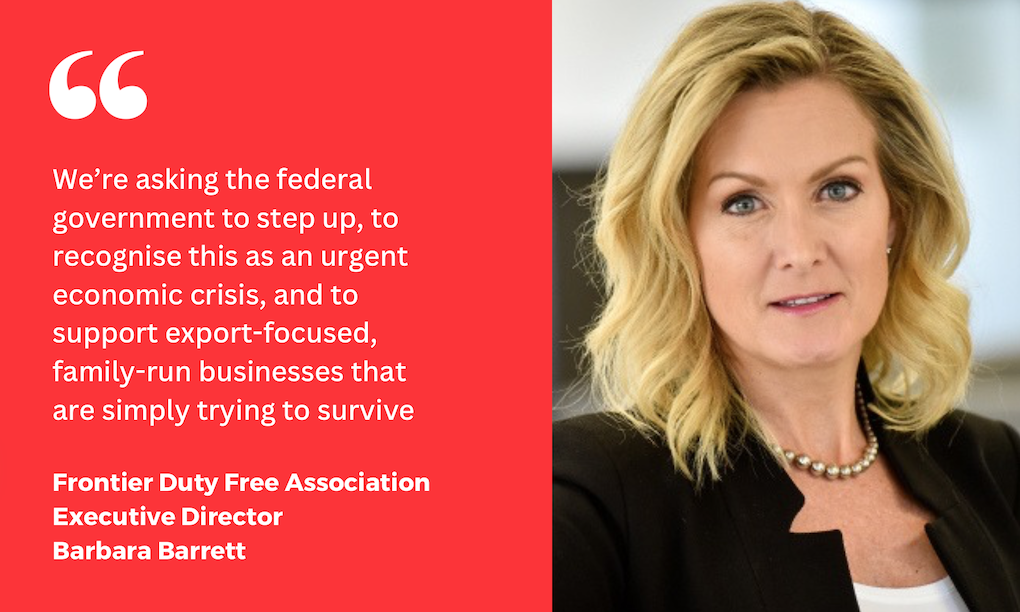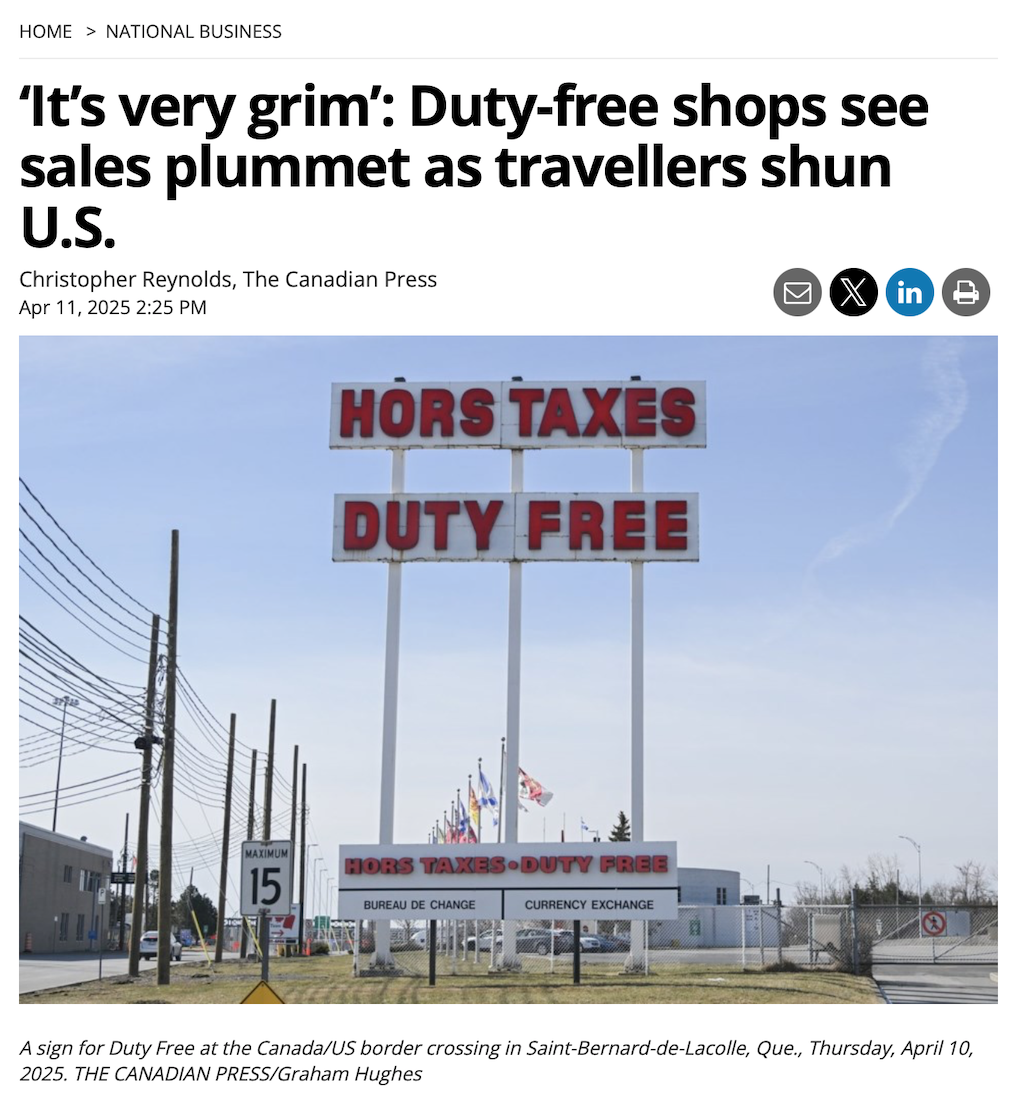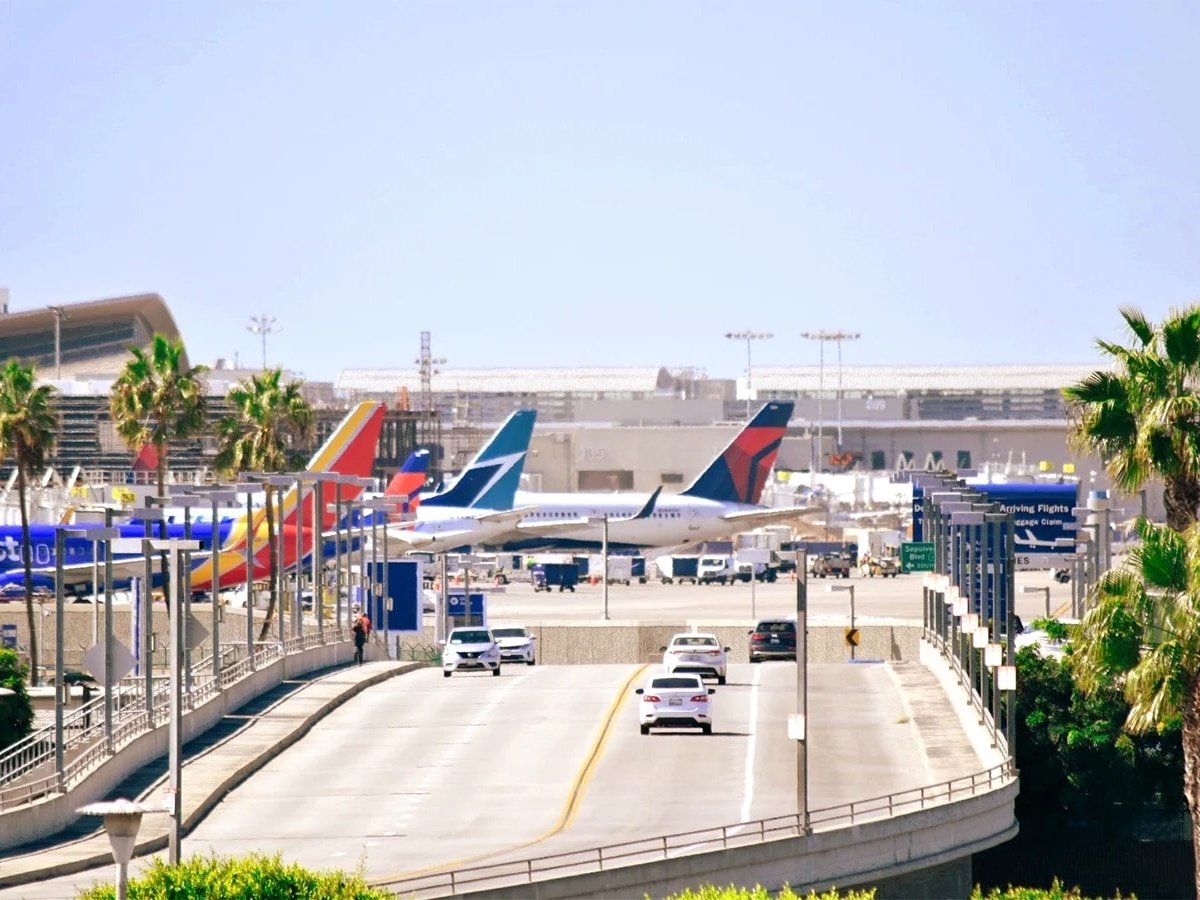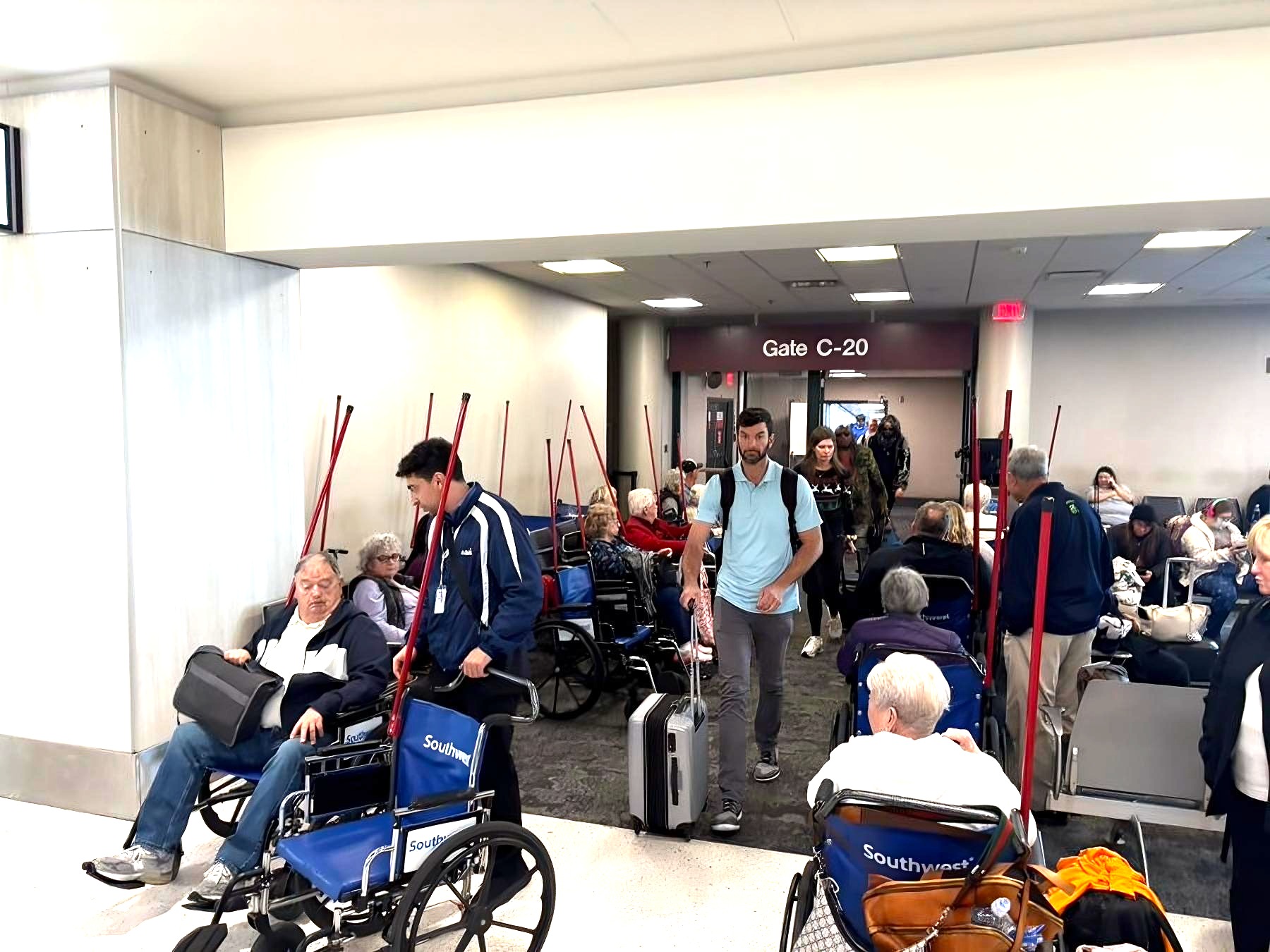“This is a crisis” – Frontier Duty Free Association calls for urgent action to save Canadian border stores
Executive Director Barbara Barrett calls for immediate federal government action to support the duty-free retail industry, as sales at Canadian border stores have fallen between -40% and -50% in the face of US-Canada tensions since late January.

CANADA. The Frontier Duty Free Association (FDFA) has called for immediate federal government action to support the duty-free retail industry, as sales at Canadian border stores have fallen between -40% and -50% in the face of US-Canada tensions since late January.
Speaking to The Moodie Davitt Report yesterday (14 April), FDFA Executive Director Barbara Barrett noted some remote crossing stores in Eastern and Western Canada are reporting revenue declines of up to -80%. She also cited a recent industry survey which found that about one-third of Canadian border shops could shut their doors within months if this trend continues.
“These are family-owned businesses that have been an integral part of the Canadian tourism fabric, operating as pillars of border communities for decades – they now face the risk of permanent closure,” said Barrett. “This is a crisis.”

Barret said falling revenues are being accelerated by fast-shrinking traveller volumes. The number of Canadians returning by car from the USA fell nearly -32% in March compared to the corresponding month in 2024, she revealed.
This was the third consecutive month of year-on-year declines and marks the steepest plunge since the pandemic.
At some crossings, Americans returning home make up the bulk of shoppers at the duty-free border stores. However, car visits by US residents dropped -11% in March measured against a year earlier, the second straight month of year-on-year declines.
Asked for her views on the current political and economic issues between the two countries, Barrett replied: “We’re watching developments in the USA very closely, particularly the return of tariff threats and the broader uncertainty surrounding Canada-US trade relations.
“But this isn’t something we control – and it’s not a crisis of our making. What we do know is that these tensions are already having a direct and devastating impact on Canadian businesses at the border.

“While we understand the instinct in Canada right now is to put our elbows up and be cautious, we also want to encourage a posture of open arms – especially when it comes to our American neighbours. Cross-border travel is essential to the survival of border towns and the duty-free shops that support them.
“What’s making the situation worse is that even our political leaders are telling Canadians not to travel to the USA – and that messaging is taking a real toll on our businesses. We’re asking the federal government to step up, to recognise this as an urgent economic crisis, and to support export-focused, family-run businesses that are simply trying to survive.”
Discussing the measures the FDFA would like to see implemented by federal governments to assist border duty-free retailers, Barrett pointed to three main areas.
“We’d like to see targeted financial support to survive immediate tariff-related impacts,” she said. “Also, Excise Tax alignment, to modernise tax treatment and level the playing field with US competitors.
“We are also calling for a Ministerial directive to ensure all government departments consistently apply export status to duty-free shops. Land border duty-free stores are 100% export businesses – they rely entirely on Canadians crossing into the USA.
“They promote Canadian products, keep dollars in Canada and are often the largest local employers in their towns.
“We are not calling for major Budget items,” she concluded. “They are smart, efficient policy fixes that will keep people working and support small-town economies.”
Grim picture: Views from the Canadian border duty-free stores
Philipsburg Duty Free Shop owner Philippe Bachand spoke to The Canadian Press (TCP), Canada’s independent national news agency, last week.
He said his family’s store, located an hour south of Montreal, has never seen such a drastic drop-off in traffic and sales while the Canada-US border was open since his store’s establishment 37 years ago.
“January was not too bad,” he told TCP. “February was starting to slow down, and then March, with the new tariff and all that, my Canadian traffic was down -50%. It’s not fun.”

Last month, news agency CBC reported that Cameron Bissonnette, a second-generation duty-free shop owner in Osoyoos, British Colombia, is facing the harsh reality that his business may no longer be viable for the next generation of his family.
His son and daughter, in their early and mid-20s, have expressed interest in taking over, but that, he said, now seems unlikely.
“I don’t think there’s going to be much here for us, so [they’re] going to have to strike their own path,” he commented. 





![‘Haruki Murakami Manga Stories Vol. 3’ Gives Foreboding Fiction a Macabre Makeover [Review]](https://i0.wp.com/bloody-disgusting.com/wp-content/uploads/2025/04/Haruki-Murakami-Manga-Stories-Vol-3-Car-Attack.jpg?fit=1400%2C700&ssl=1)




































.png?format=1500w#)










![THE NUN [LA RELIGIEUSE]](https://www.jonathanrosenbaum.net/wp-content/uploads/2019/12/TheNun-300x202.jpg)


































































































































































![Courtyard Marriott Wants You To Tip Using a QR Code—Because It Means They Can Pay Workers Less [Roundup]](https://viewfromthewing.com/wp-content/uploads/2025/04/tipping-qr-code.jpg?#)























































































































































































































































































